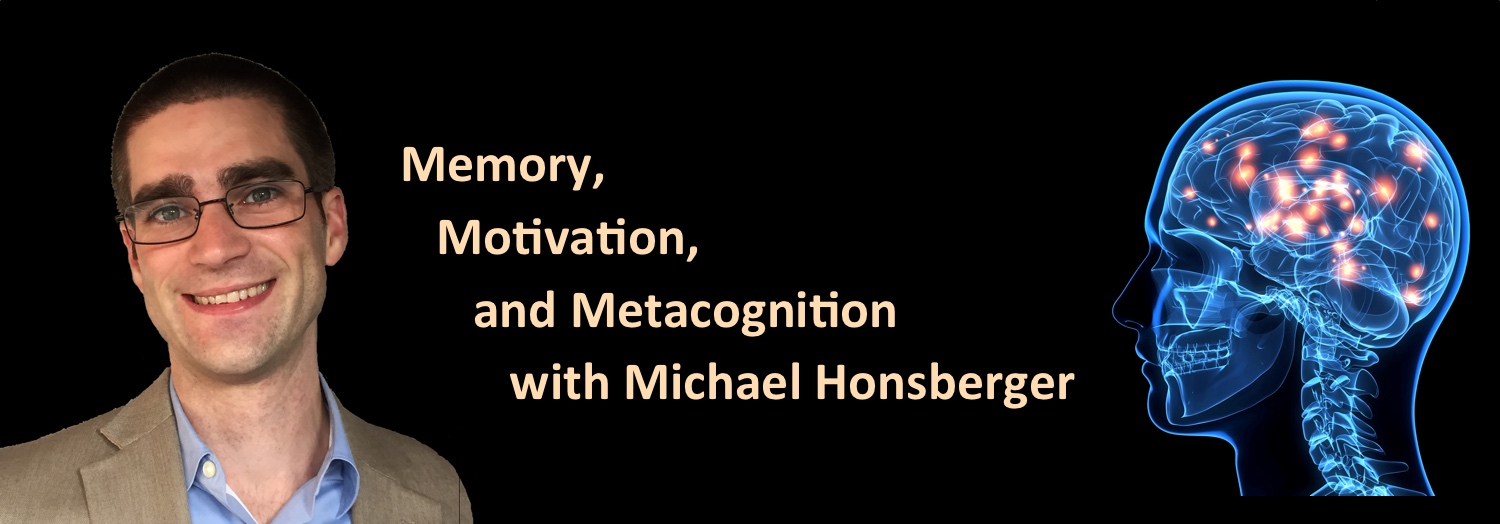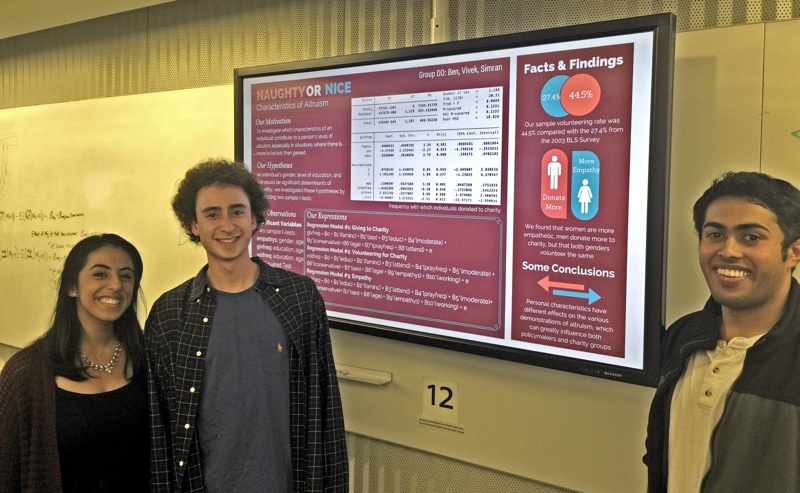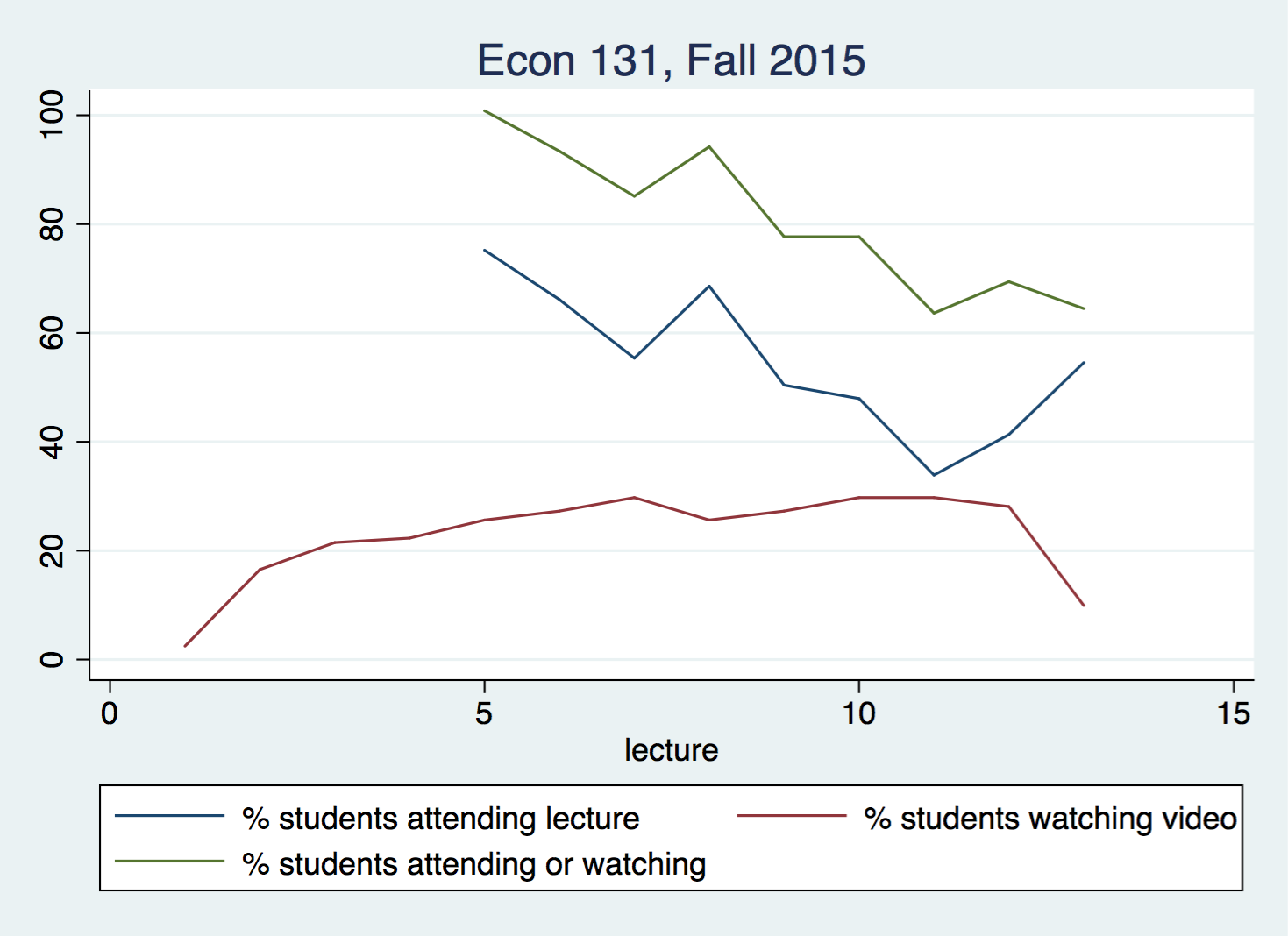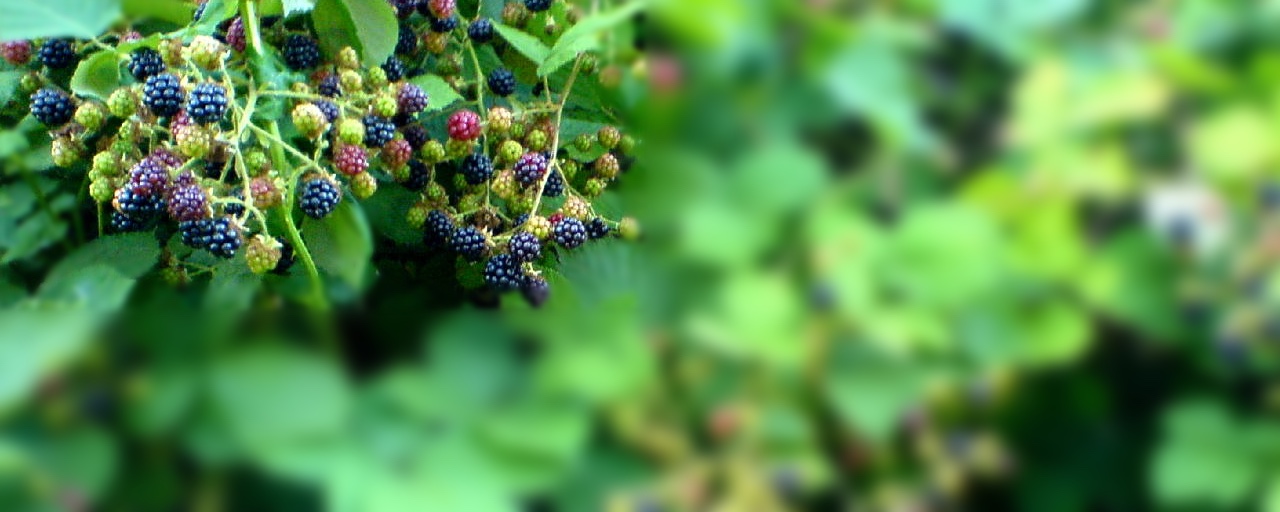Podcast #24
In this episode we’re joined by Michael Honsberger, neuroscientist and STEM project manager for the Yale Young Global Scholars program. Michael has a background studying memory including a PhD in behavioral neuroscience and a postdoc in Yale’s Division of Molecular Psychiatry. He talks to us about how we can use knowledge of how the brain works to become better teachers.








